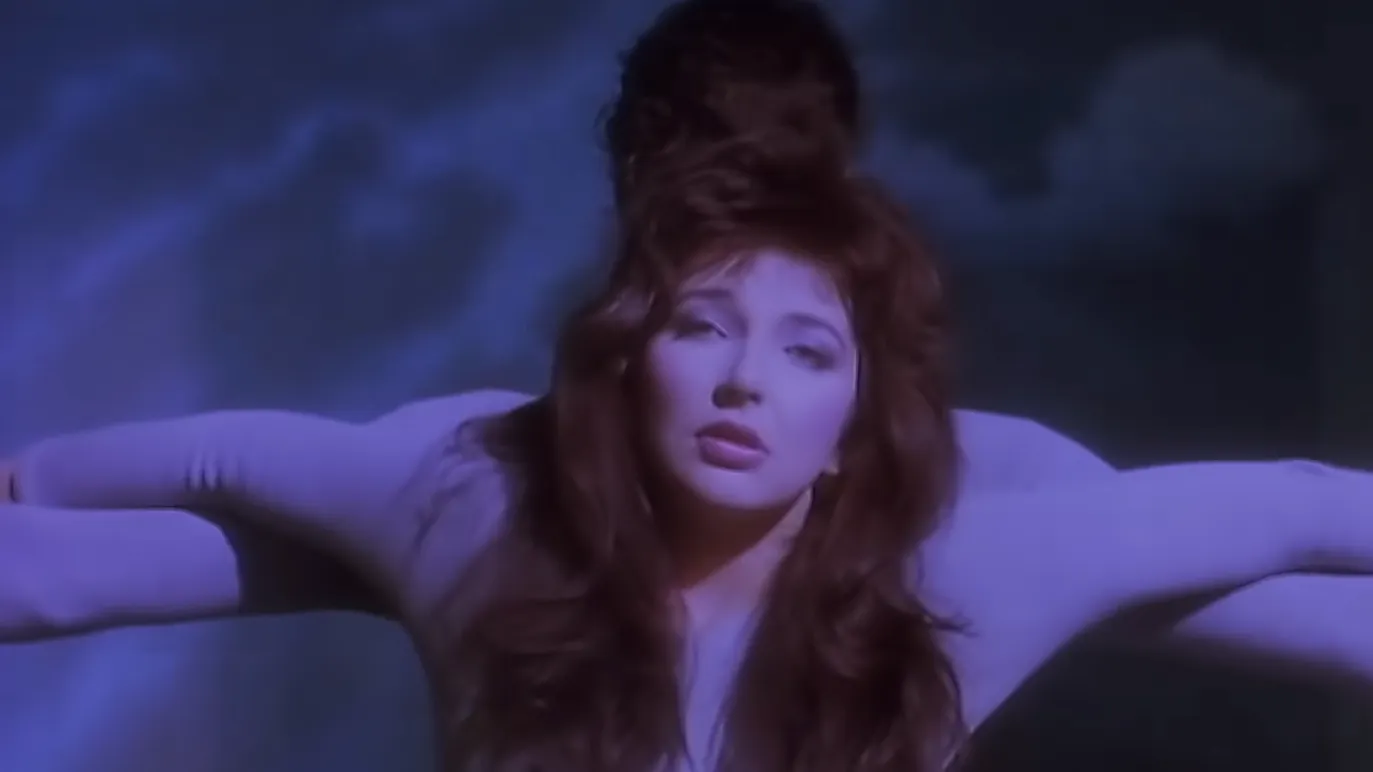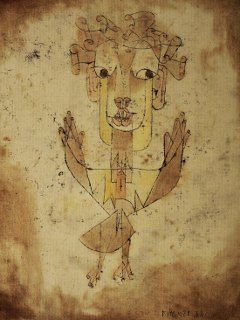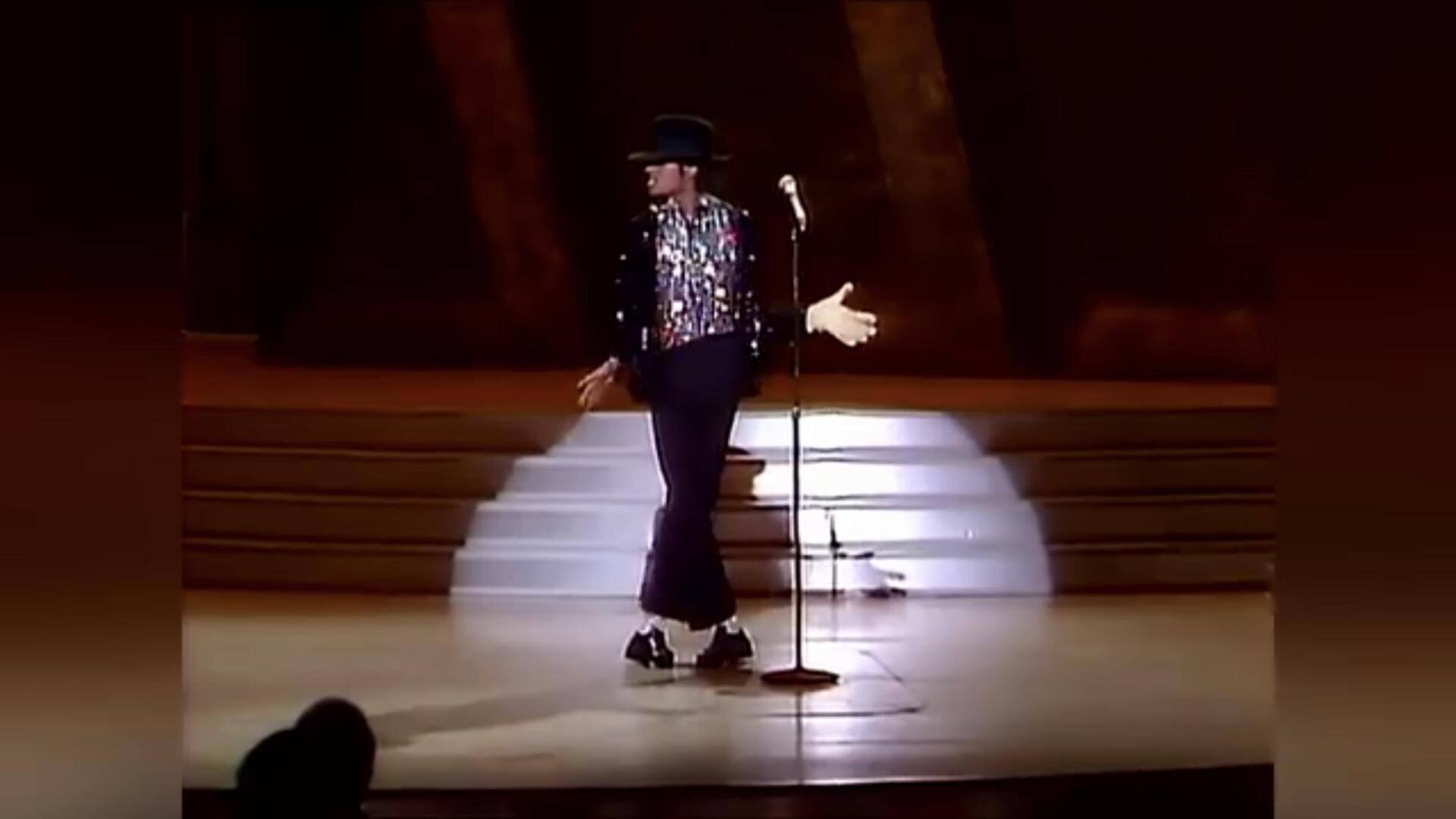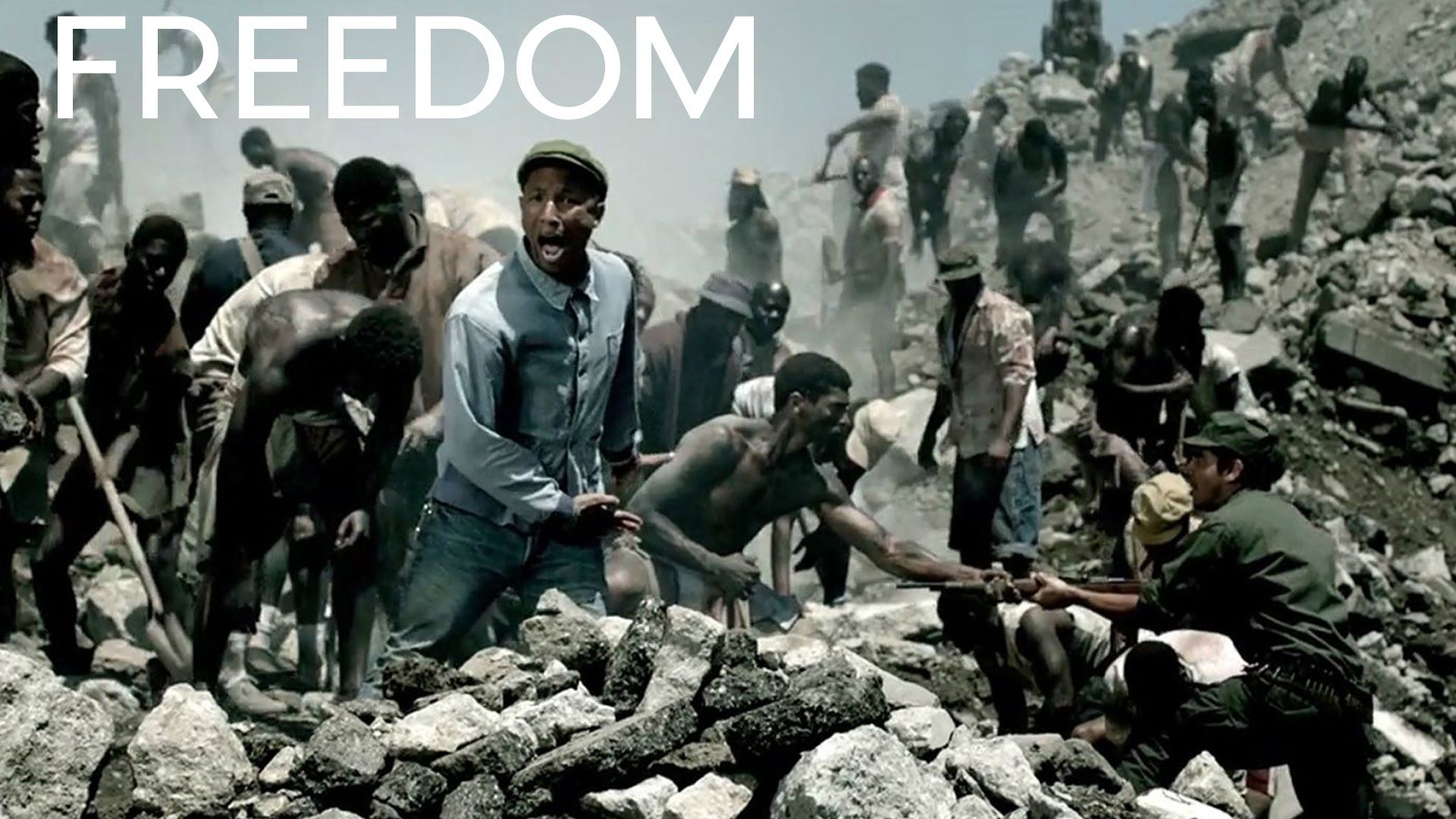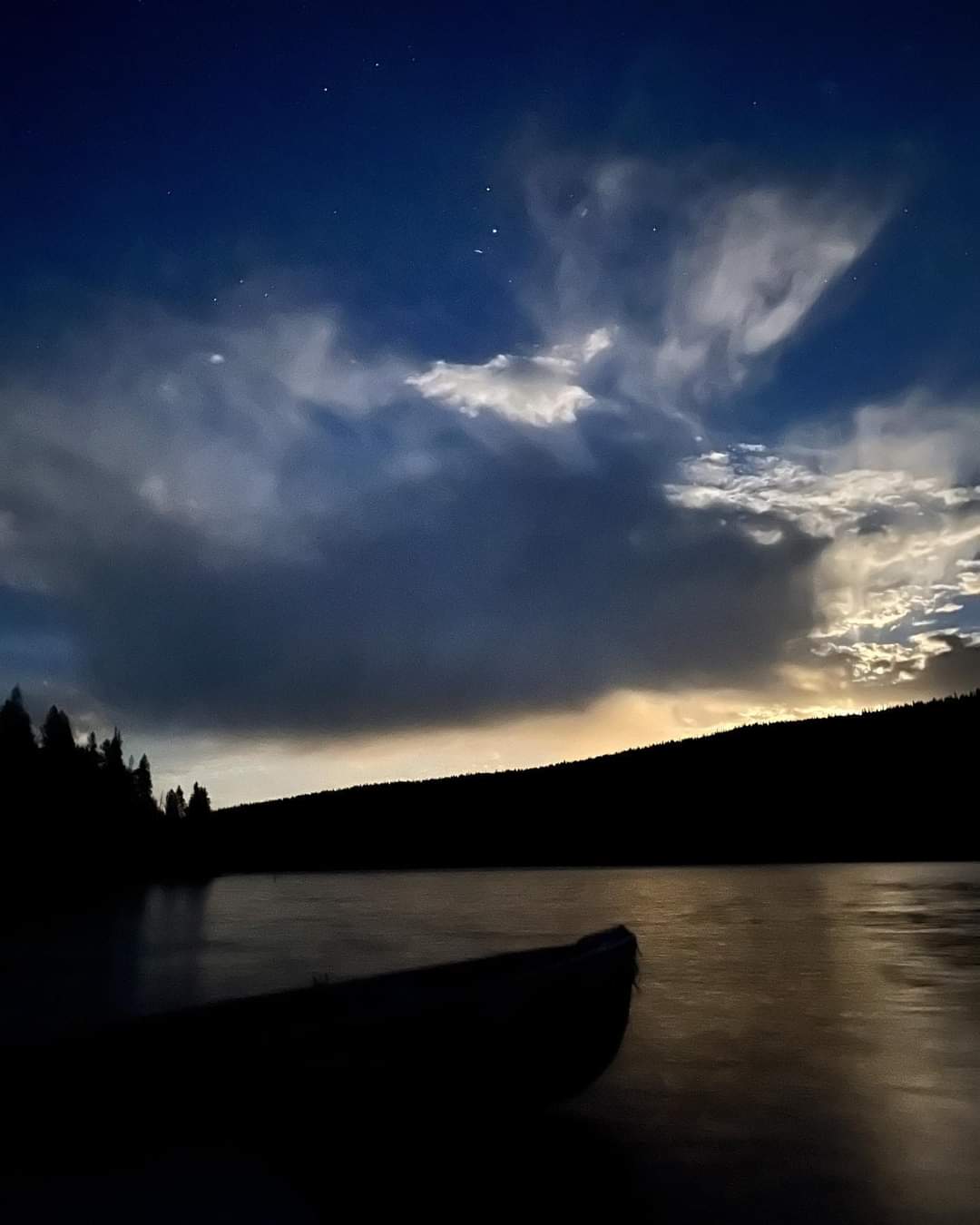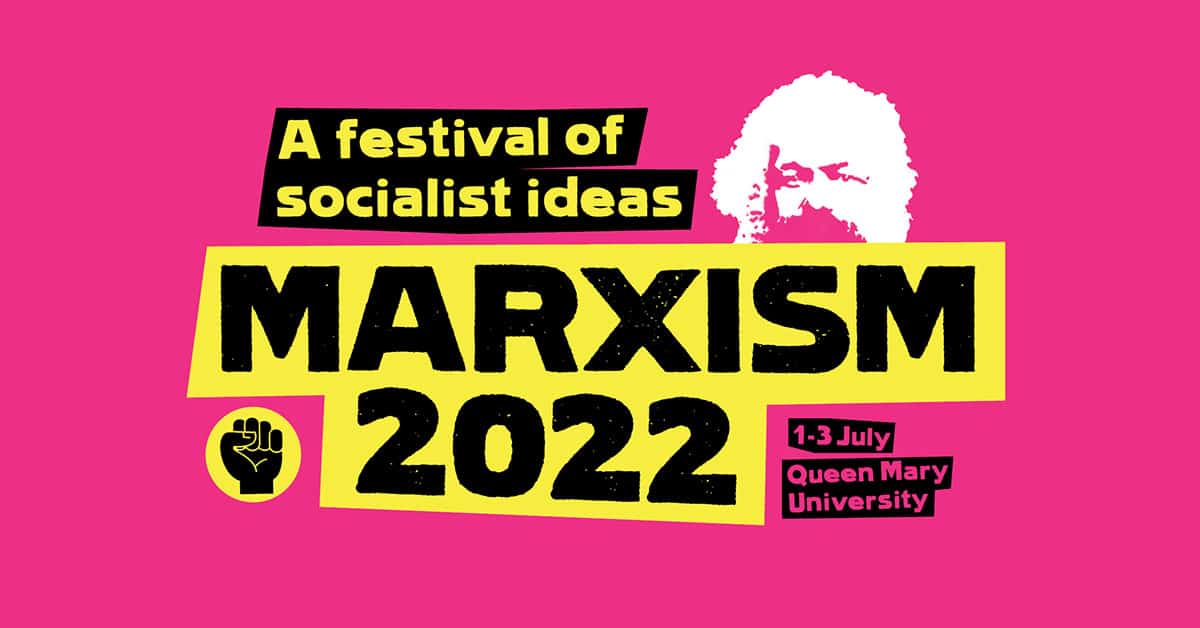Trains of Thought
Cultural Theories of Speed and Solidarity
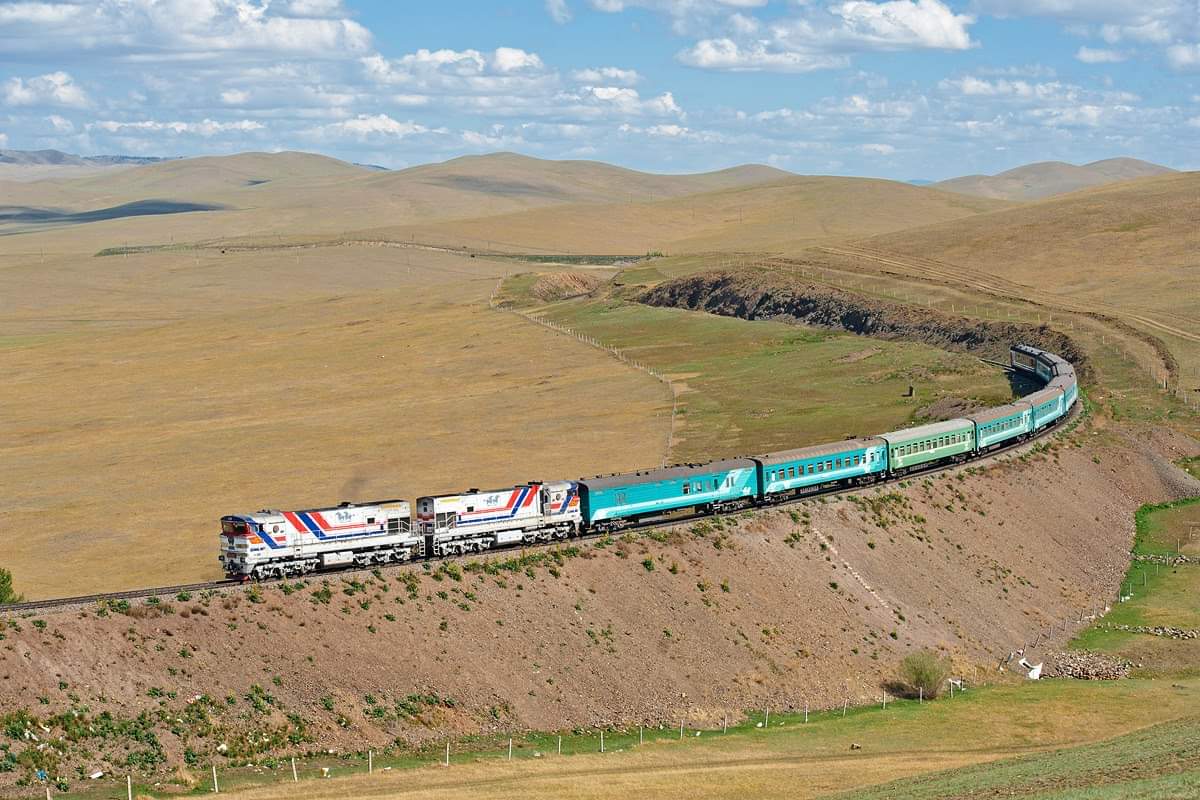
Between the Fort and the Gas Station—the Frontier?
Just when did the Western frontier close? F.J. Turner’s official dating for it is 1893, but I’d argue, rather than closing, that it’s simply moved elsewhere. The frontier has long since ceased to be physical. It has since moved inside of itself, comfortably suited in the numbness of boundless horizons which even the greatest of ecstatic speeds cannot hope to understand...
Like those great forts built along the old frontier—Laramie, Hall, Assinniboine, Stevens—the monuments we built to honor our victorious imposition of genocidal geometric order have long since been made obsolete by the powerful currents of motion they were meant to safeguard. We use our way stations now not as resting points of safety but as points of departure, off to elsewhere. It’s Flying J’s from which we today depart but in 1925 it’s their predecessors, small hamlets serving travelers around an oasis like the little locale in Montana where brothers Phil and George drive their cattle at opening of The Power of the Dog (2021).
These rest stops themselves are the stuff of legend—all that’s changed is their form. But what you pass into that’s been mythologized over the last two hundred years. There was a time when solitary individuals or small groups faced such uncertainty that every step of theirs was miraculous testament to a successful progress, but once the Conestoga wagons began to arrive there was no more doubt. What you did in the wilderness only mattered if it circled back to the growing towns. Immortality was to be had not in carving out a mountain home, but in returning again to town—when the outside comes in.
So we’re always searching for that sort of formative exploratory power whenever we leave the Sinclair parking lot. It’s hard not to see the oasis like a large gas station, or maybe like that hotel from Casino Royale (2018); these spots all tend to blend together. It’s not actually Montana where the film is shot but the Southern Alps of New Zealand. Even in the state’s most dramatic moment of mountainous rises along its western side, where the Bitterroots emerge as if out of thin air, the scenery isn’t nearly so breath-taking.
But come on, would you settle for anything less? With each passing cycle of travelers, the tall tales rise and the high mountains fall. And we keep coming back for more!
Let us be honest—this interminable loop of soaring expectations and their forever-limited fulfillment was where American hyperbolism was bound to end up. It’s the very values that built this nation eroded by the smugness of their self-satisfaction, unable to comprehend the scale of incredible success through which they’ve captured the world’s imagination!
America!
Where the silly conflict between bigger and smaller is played out in the most primitive of societies—where what’s most vexing of all is the triumph of the small, the unlikely! There’s no less an American story than the victory of the underdog! And the anxiety therein is irrepressible, the castration everlasting! How did Woman manage to civilize the West when it was Man who beat it into submission?!
America!
Where it’s the average desire that is extraordinary! Always there has been that conflict between banjo and piano, the face-off between bumbling brother George and cool hand Phil. The rugged cowboy, proudly skilled and mobile above all, again an emotionless, mealy suit—who’s to stop George from winning, any day of the week!
Such is Phil’s basis of enduring resentment, the skillful watching the masses—distaining their heavy-handed pleasures and taking refuge in the endless expanses of Big Sky mentality. Phil seems an isolated Puritan at first, scornful of dashing flapper girls and maddened by motorcars intruding into the comfortable confines of his bucolic home. He distances himself from George’s formless averageness and intimidates Rose and Peter, his brother’s new wife and adoptive son who each intensify Phil’s hatred of his brother.
But rather than incapacity it’s qualification that torments Phil; for the eminent climber, the peaks get smaller after every summit. He’s equally a masterful rancher and an exiled Ivy League prince who curses his cattle in Greek and Latin. With so much accomplishment to his name Phil is unable, in the face of democratic mediocrity’s dizzying speed and ubiquitous appropriation, to surmount the curse of abundance. He has many beautifully tanned hides, a kitchen maid tells us, but refuses to do anything with them; he would rather they burn. This is the problem of abundance muted by the reality of circulation. Phil’s success has long been detached from any sort of productive exertion, some sweat-drenched puzzle of wits against wind, yet his character and productivity depend entirely upon this myth.
No doubt that’s why Phil most of all clings to this myth of the West. He’s not going anywhere really. He’s stuck in the gas station, unable to process the fact that the frontier has moved on. It’s that beautifully pathetic sort of refuge in something that never existed at all—the famous Portuguese Saudade again. Foreclosing history—the frontier—by making it universal has unleashed atomizing powers of a destructive potential we have only begun to imagine.
This triumph of time over space displaces such confusion into virtuality, various sorts of hopeless refuge: Marriage, for George; careers and prestige, for Peter; music, dancing, and drinking for Rose. And for Phil—well, that much is obvious. It’s simply got a much more formative connection with the American character, and maybe that’s why it sells so well! It’s finally validated at the end too, when Phil’s abuse of Peter becomes a more mature relationship of tutelage and inspiration equal parts Tonto, Indian Scout and queer eye. It’s a childish sort of recognition that shows us just how fragile Phil is…
…to what, exactly?
He dies rather unexpectedly at the end from an infected wound. Was it Phil’s pride that led him to delay in dressing the wound? Was it leather Peter cut from an anthrax-ridden cow that accidently killed Phil? Was this murder, Peter’s premeditated and coldly enacted retribution in revenge for years of abuse?
We do not know.
In this sense, it was reality that killed Phil Burbank—reality as it is ungraspable and always deferred, the ephemeral formlessness that the cowboy tries to tie up but finds only as a trace lingering in the tracks of its last presumed sighting. Unable or unwilling to keep up or give up, Phil has been dead for years, buried in his frontier aspirations and the repressive physicality of his mute systems of isolated objects…
objects burdened by grief, alienation, and pointless principles.
You ought to know that the frontier, should you seek to hold onto it, always moves on.
14 April 2022
Trains of Thought | All Rights Reserved
